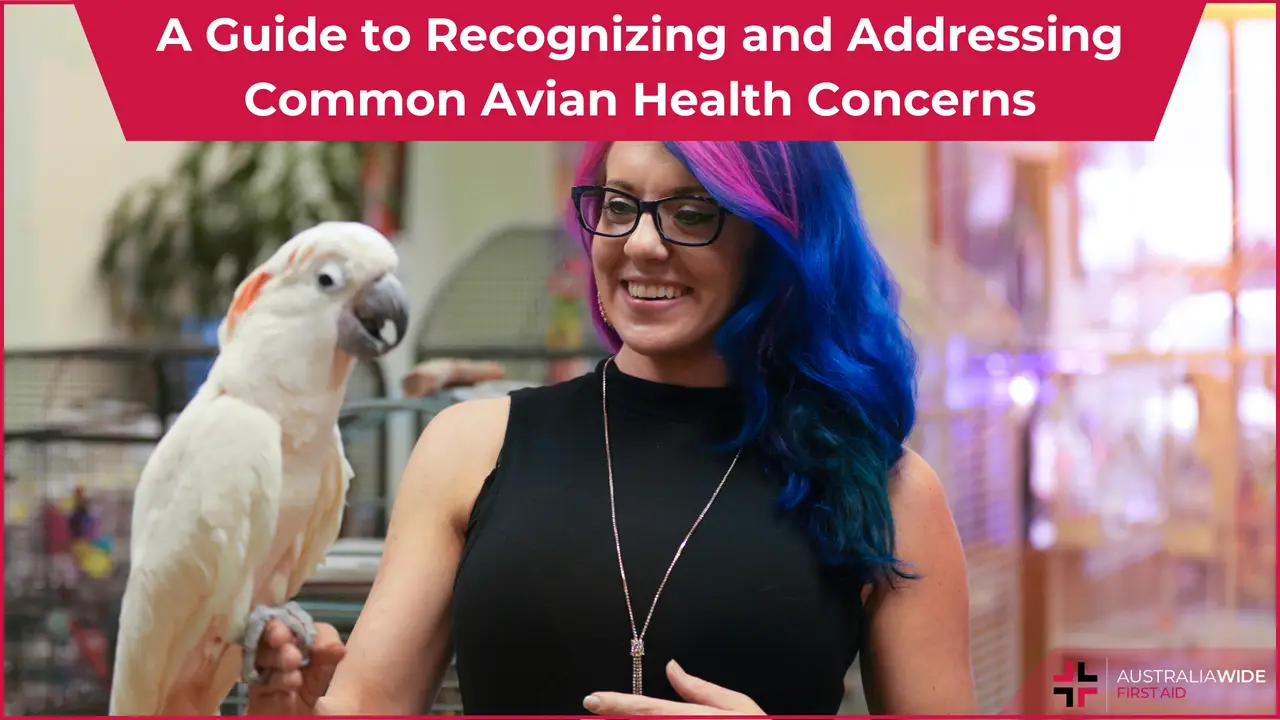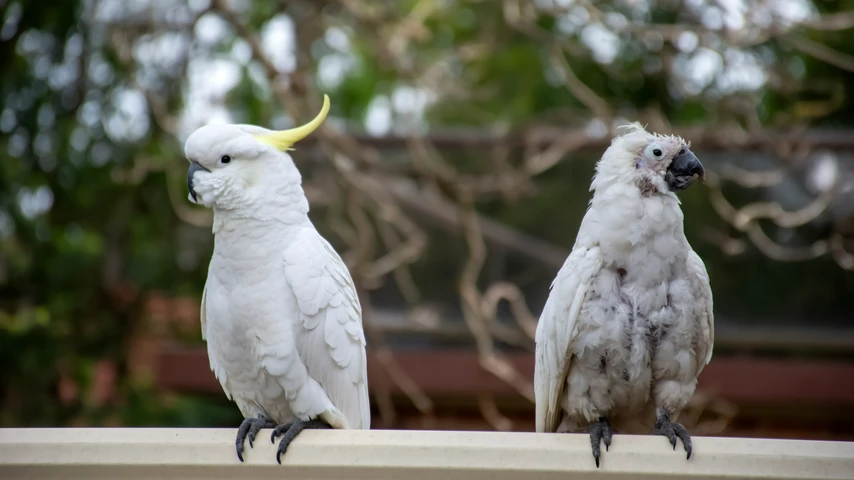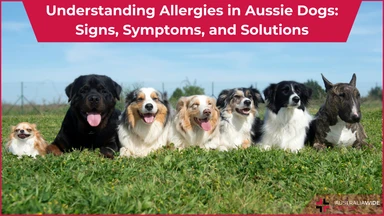A Guide to Recognizing and Addressing Common Avian Health Concerns


From respiratory distress to changes in droppings and abnormal behaviours, this guide outlines the key indicators of illness that require immediate attention.
By understanding these warning signs, bird owners can take proactive steps to ensure their feathered companions receive timely medical treatment, ultimately promoting their health and well-being.
Psittacosis, also known as Parrot Fever, caused by Chlamydia psittaci (Bacteria), can infect various species, such as parrots, budgerigars and cockatiels.
Signs and symptoms include:
Caused by a virus, avian pox can affect various bird species, leading to wart-like growths on the skin, lesions in the mouth, respiratory distress, and sometimes death.
Signs and symptoms include:
A viral disease affecting parrots, cockatoos, and other psittacine birds. It causes feather abnormalities, beak deformities, immuno-suppression, and eventual death.
Signs and symptoms include:

A fungal infection caused by Aspergillus spp., commonly found in mouldy environments. Birds can inhale spores, leading to respiratory issues, weakness, and death if left untreated.
Signs and symptoms include:
Caused by a yeast species called Macrorhabdus ornithogaster, AGY can lead to symptoms such as weight loss, regurgitation, diarrhoea, and lethargy in affected birds.
Signs and symptoms include:
A highly contagious viral infection affecting many bird species, Newcastle disease can cause respiratory, nervous system, and digestive tract issues, often leading to high mortality rates in unvaccinated populations.
Signs and symptoms include:
A situation where a female bird is unable to expel an egg from her reproductive tract, leading to potentially life-threatening complications if left untreated.
Signs and symptoms include:
A viral infection primarily affecting young parrots, polyomavirus can cause severe illness, including feather abnormalities, weight loss, and death.
Signs and symptoms include:
There are some general supportive care measures you can take at home to help alleviate symptoms or support your bird's recovery:
It's important to seek veterinary care for pet bird if notice any signs of illness or abnormal behaviour.
Here are some specific situations when it's crucial to consult with a veterinarian experienced in avian medicine:
Knowing when to seek veterinary care for pet bird is essential for maintaining its health and well-being.
By recognizing the signs and symptoms of illness early on, you can help your feathered friend receive the necessary treatment promptly.
Whether it's respiratory distress, changes in droppings, or unusual behaviours, don't hesitate to consult with a qualified avian veterinarian.
A proactive approach can make a significant difference in your bird's health and happiness.

April 16, 2024
Like humans, our canine friends are susceptible to allergies, which can significantly affect their quality of life. This article aims to shed light on common allergies in dogs, their signs and symptoms, treatment options, and advice on when to consult a veterinarian.

March 19, 2024
From respiratory distress to changes in droppings and abnormal behaviours, this guide outlines the key indicators of illness that require immediate attention. By understanding these warning signs, bird owners can take proactive steps to ensure their feathered companions receive timely medical treatment, ultimately promoting their health and well-being.

February 12, 2024
In the hustle and bustle of our daily lives, it's easy to overlook that our furry friends may not be leading lives as fulfilled as we'd like. Just like humans, dogs too can suffer from monotony, especially those spending large amounts of time indoors. Recognizing and addressing boredom in our canine companions is crucial for their overall well-being.